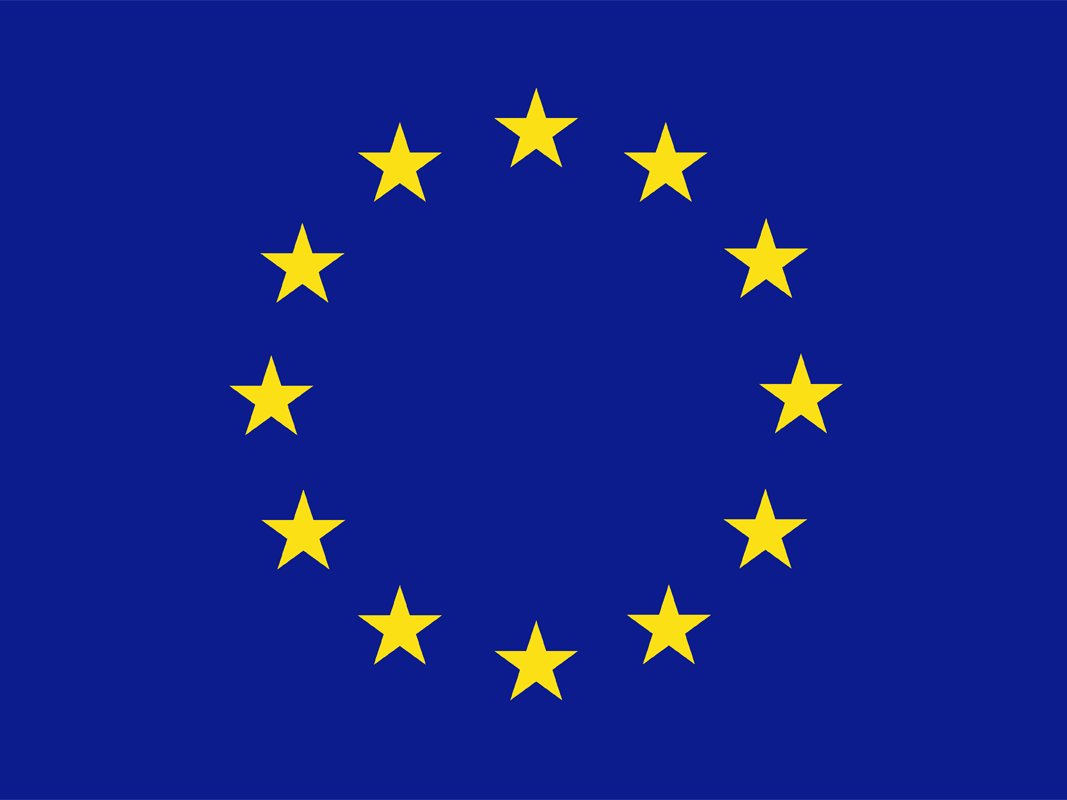EU rules out 'three-strike' internet rule
European file-sharers breathe a sigh of relief

The European Union has voted against the idea of a 'three strikes' policy against file-sharers, after the Greek MEP Stavros Lambrinidis raised concerns over the idea.
There was an overwhelming majority that voted in favour of the MEP's report, with 481 votes in favour, 25 against and 21 abstentions.
Respect for privacy
The report outlines that governments should be more hands-off when it comes to the general public's internet use and have "respect for private life… data protection… freedom of speech and association, freedom of press, political expression and participation, non-discrimination and education."
It goes on to say that rules such as the 'three strikes' policy, which was proposed but ultimately rejected in France are not necessary, stating: "Governments or private companies should not see the denial of [internet] access as a means of imposing sanctions, as proposed in some countries in the union."
Private: keep out
Privacy is also a big issue that has come out of the report, and it is something that users of Facebook should take note of.
Sign up for breaking news, reviews, opinion, top tech deals, and more.
There have been a variety of recent criticisms against Facebook, the most pertinent being what happens to your information when you decide to leave the social-networking site.
While Facebook believes that keeping your data after you leave is necessary, so as blank spaces don't start appearing on your friend's walls, the EU report is critical of this, with the report saying: "MEPs stress the importance of internet users being able to retain the right to permanently delete any of their personal details saved on 'internet websites or on any third-party data storage medium'."
Via TorrentFreak and Mashable

Marc Chacksfield is the Editor In Chief, Shortlist.com at DC Thomson. He started out life as a movie writer for numerous (now defunct) magazines and soon found himself online - editing a gaggle of gadget sites, including TechRadar, Digital Camera World and Tom's Guide UK. At Shortlist you'll find him mostly writing about movies and tech, so no change there then.